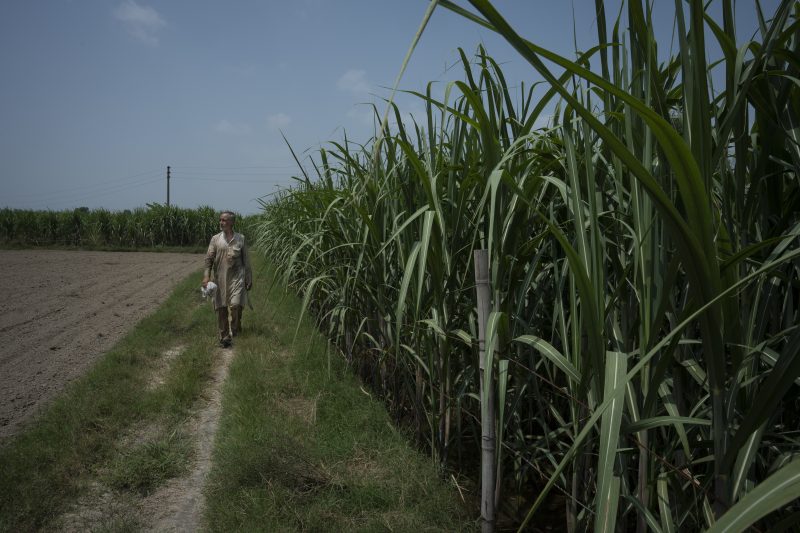Cane sugar: What is it, and where can you already find it?

(NEXSTAR) — Coca-Cola made a major announcement — or rather, confirmed an announcement made by President Donald Trump last week — that it will launch a cane sugar version of its soda later this year.
The company said Tuesday in a press release that this comes “as part of its ongoing innovation agenda.”
The Coca-Cola products you find on shelves and at soda fountains — like those returning to a major retailer this year — are largely sweetened with corn syrup. Elsewhere, the company already uses cane sugar. That includes Mexico, though you can find “Mexican Coke” in the U.S. already.
Cane sugar, the U.S. Department of Agriculture explains, is “derived directly or indirectly from sugarcane produced in the United States, including sugar produced from sugarcane molasses.” A previous report from the department listed Florida and Louisiana as the top producers of sugarcane, followed distantly by Texas and Hawaii.
Some of Coca-Cola’s competitors, namely PepsiCo and Dr Pepper, have been selling versions of their colas sweetened with cane sugar in the U.S. for over a decade.
Others in the soda industry have been relying on cane sugar for even longer. That includes Canada-based Jones Soda, New York’s Johnnie Ryan, Boylan Bottling and Texas’ Dublin Craft Soda. In addition to pure cane sugar, you can also find it in cereals, ice creams, chocolate, and other sweetened goods.
Corn syrup, meanwhile, is made from the glucose extracted from corn and refined. High fructose corn syrup, like that found in Coca-Cola already, is a combination of glucose and fructose.
On the heels of Trump’s announcement last week that Coke would be using cane sugar, U.S. corn refiners warned of the potential impact on American farmers.
In an updated statement shared with Nexstar on Tuesday, John Bode, president and CEO of the Corn Refiners Association, shared similar concerns.
“We have no doubt that Coca-Cola can source enough U.S. cane sugar to meet its needs, but increased use of U.S. cane sugar is certain to lead to a corresponding increase in imports of foreign cane sugar. Replacing high fructose corn syrup with cane sugar would cost thousands of American food manufacturing jobs, depress farm income, and expand the trade deficit.”
Regardless of whether a drink contains corn syrup, cane sugar, or another sweetener, health experts generally advise against the over-consumption of sweeteners or added sugars.
The Food and Drug Administration says there is no evidence of any difference in safety among foods sweetened with high fructose corn syrup and those that contain sugar, honey or other traditional sweeteners. Coca-Cola also called high fructose corn syrup “safe” last week, saying “it has about the same number of calories per serving as table sugar and is metabolized in a similar way by your body.”
Health Secretary Robert F. Kennedy, whose nutrition views often diverge from mainstream nutrition science, has spoken out against sugar. His agency is expected to release updated nutrition guidelines later this year.
“There’s things we’ll never be able to eliminate, like sugar,” Kennedy said at an April news conference. “And sugar is poison, and Americans need to know that.”
Aspartame and other artificial sweeteners are also named as a concern in a government report Kennedy issued in May.
The Associated Press contributed to this report.